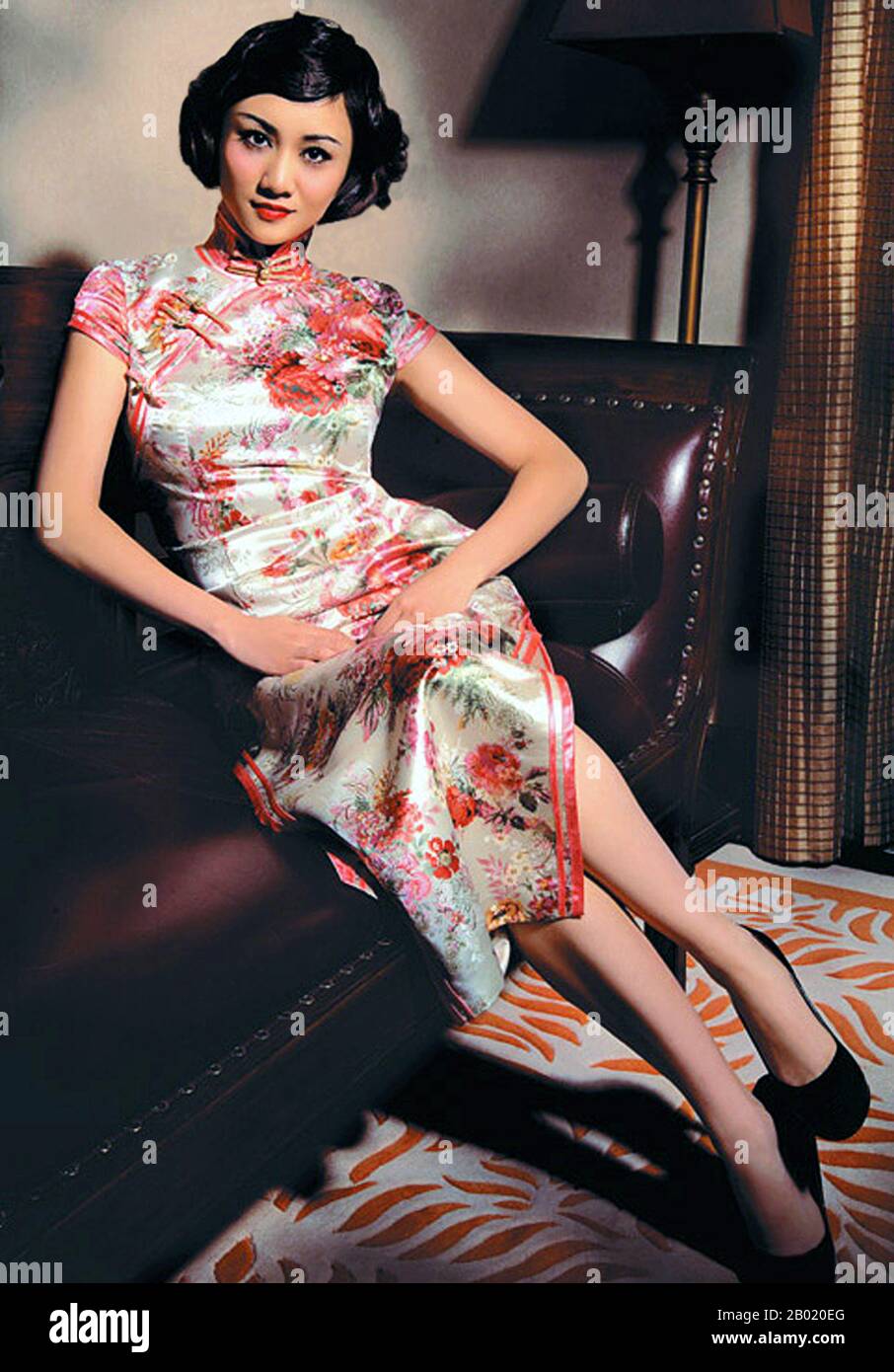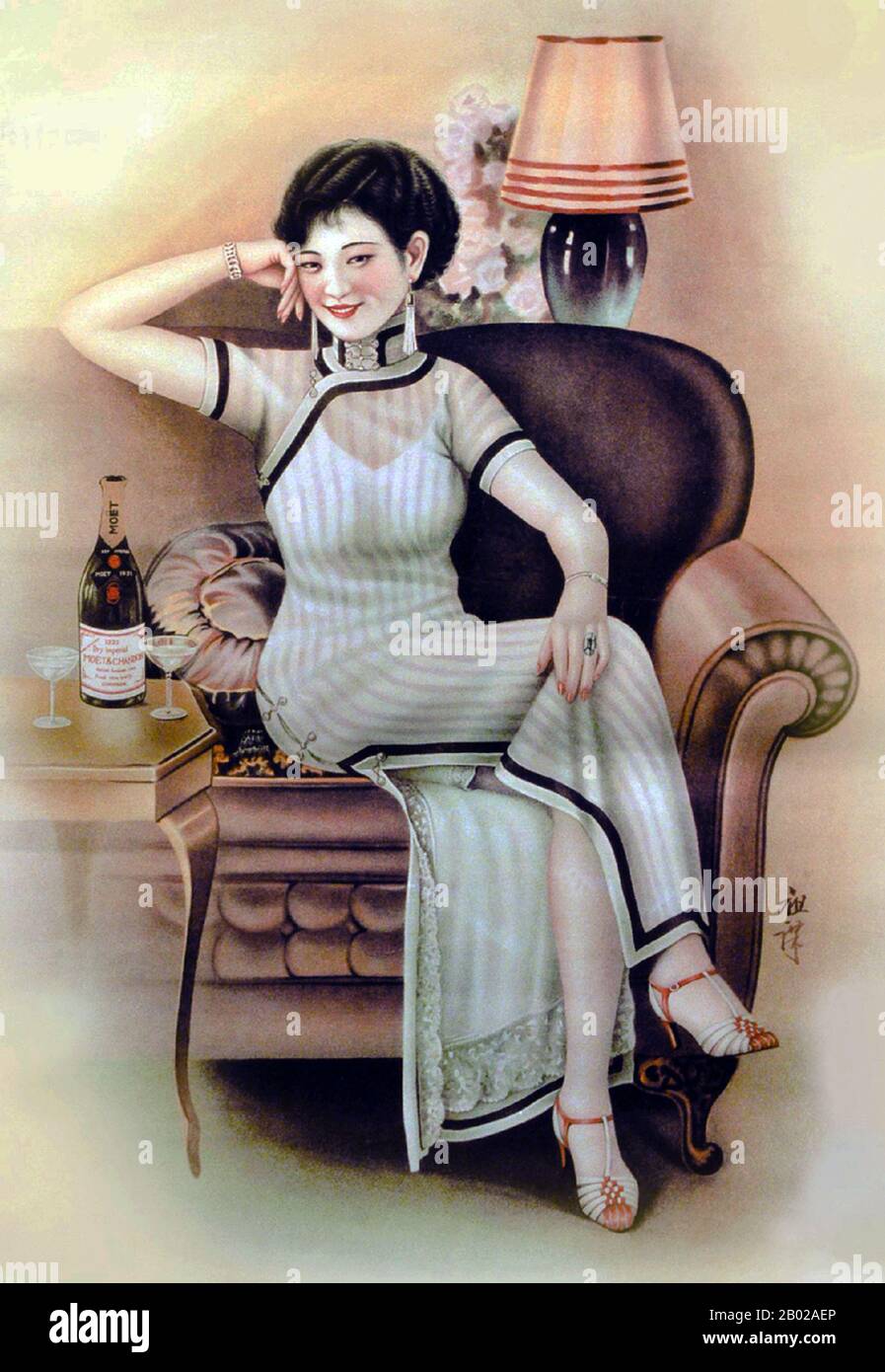The Evolution and Charm of the 1920s Cheongsam
The 1920s marked a significant period of cultural and social change in China, and the evolution of the cheongsam, or qipao, reflects these shifts. This traditional Chinese dress for women, known in Mandarin as “旗袍” (qípáo), was transformed from a loose, comfortable garment into a stylish and often tight-fitting silhouette that became a symbol of modernity and elegance.

The cheongsam’s transformation began in Shanghai, where socialites and upper-class women embraced the new style. The dress was designed to accentuate the female figure, with a high collar, a side slit, and a fitted waist. The change in the cheongsam’s design was not only a fashion statement but also a reflection of the changing roles of women in society.

As the cheongsam gained popularity, it became a staple in the wardrobes of women from various social backgrounds. The dress was versatile, suitable for both casual and formal occasions, and it could be made from a variety of fabrics, including silk, cotton, and brocade. The cheongsam’s design also allowed for a range of decorative elements, such as embroidery, beading, and lace, which added to its allure.

The cheongsam’s enduring charm lies in its ability to adapt to different styles and tastes while maintaining its distinctive shape and elegance. Today, the cheongsam continues to be a favorite for special occasions, and it has also inspired modern fashion designers to create contemporary versions of this classic dress.







